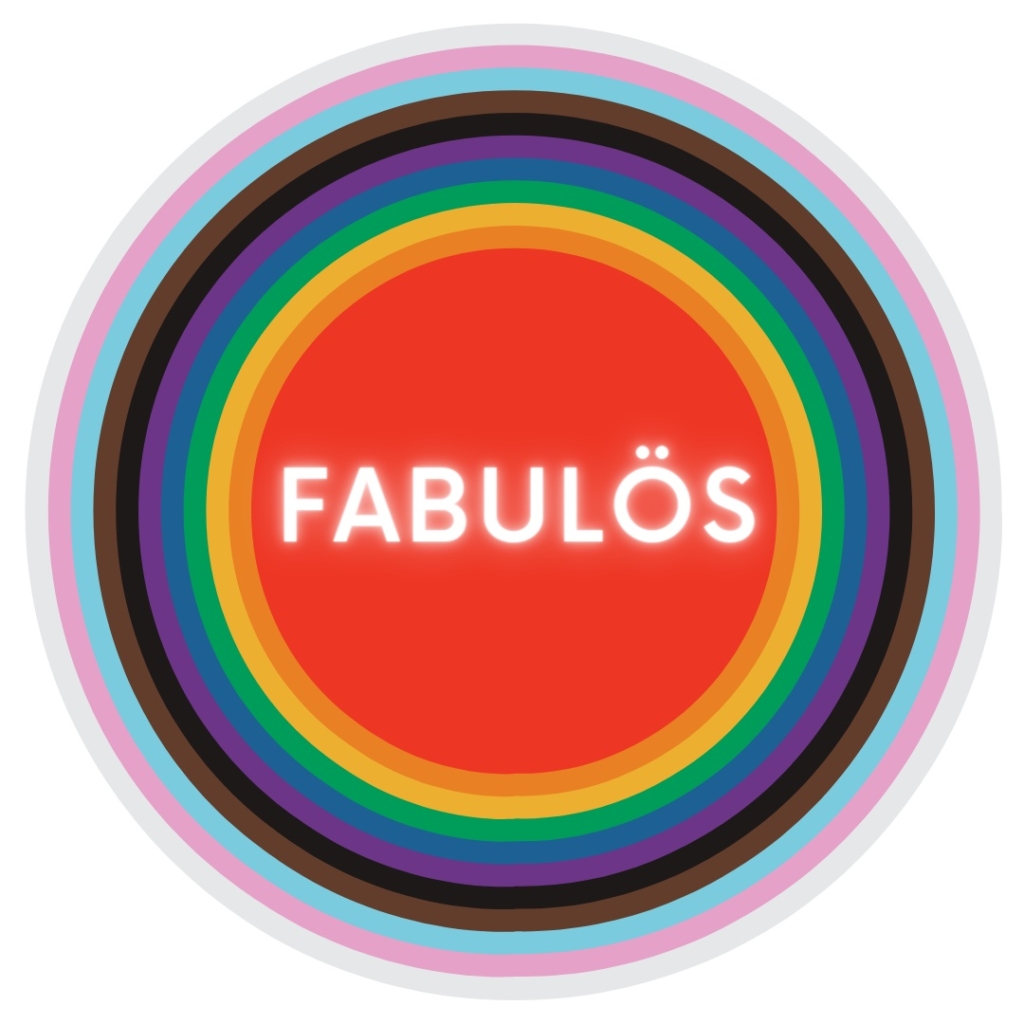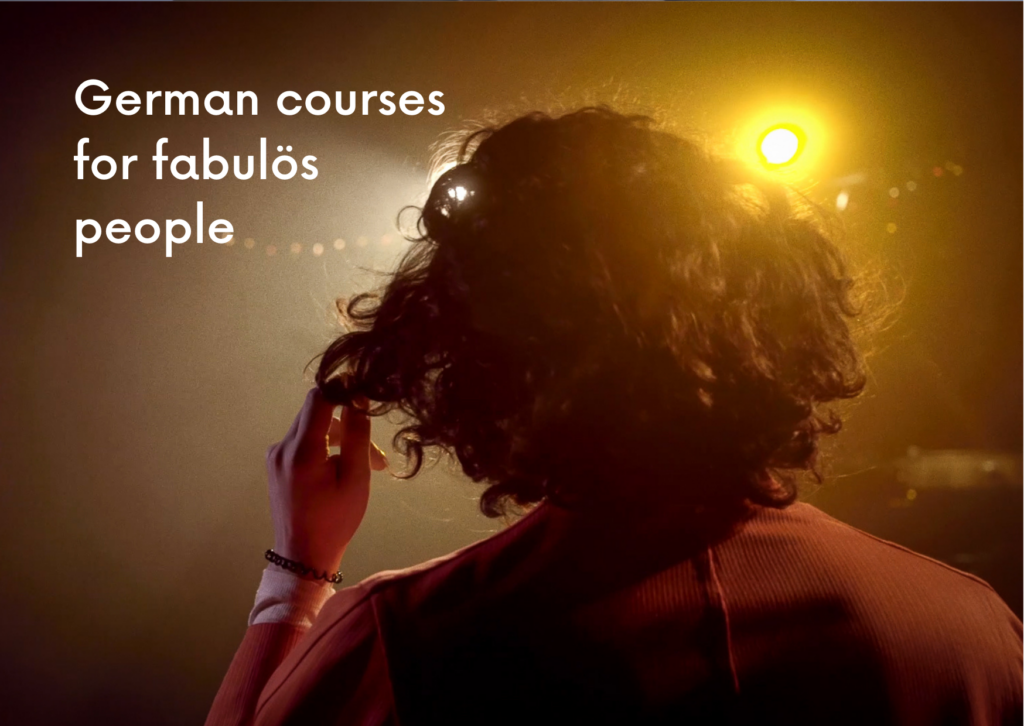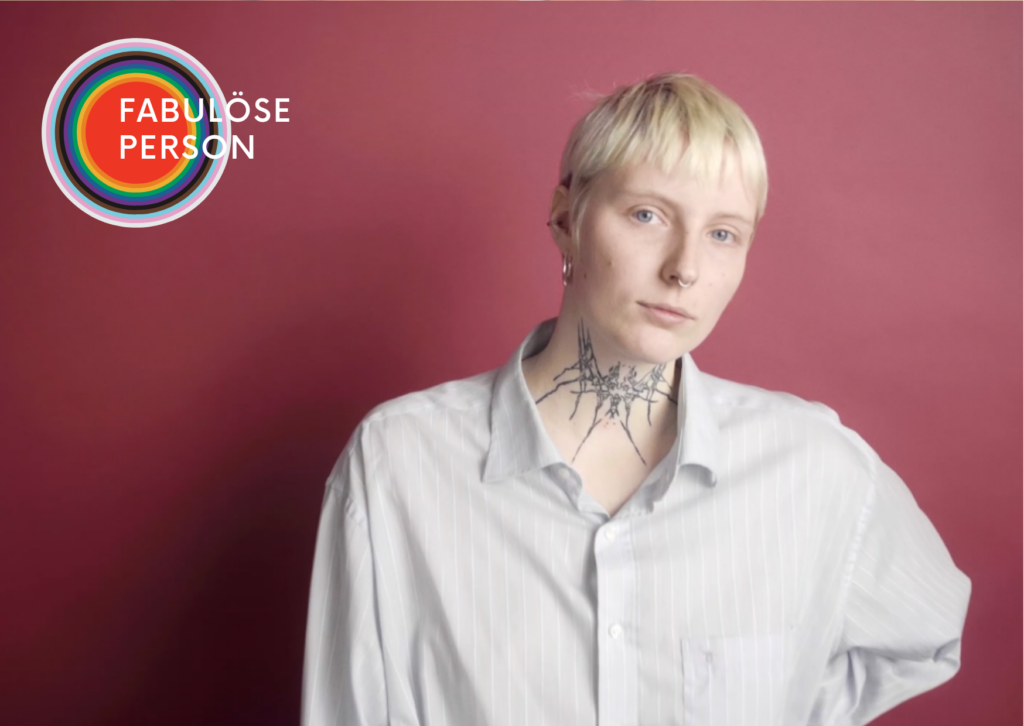German courses for fabulös people
Humanity only becomes human through language. Or so it was once claimed by Wilhelm von Humboldt in one of his talks at the Berlin Academy of Sciences. However, German history in particular has taught us that the power of language can just as easily exclude and dehumanize members of society. Because of this, we at the deutSCHule take special care to be inclusive. The work of the deutSCHule strives to promote a pluralistic and diverse society. We actively seek to prevent anybody from being marginalized through language or otherwise dehumanized for being who they are or just because of some attributes.

For this reason we supplement our German language courses through gender-sensitive language. Thus it is only logical that our teaching materials depict not only the society we want, but the one we experience everyday at the deutSCHule. Harmonious, unfettered, fabulös!

Much More than just fabulös German Courses
With our diverse and gender-sensitive German courses, we want to fill a gap in both Berlin and in Germany. All too often, German courses for non-native speakers (DaF/DaZ) neglect to provide space for the language of gender equity because it’s supposedly not ‘relevant for the test’. But that’s not all: In many German courses for non-native speakers, both teachers and textbooks perpetuate the passed-down gender roles of a would-be homogenous society. And precisely that seems absurd to us. Equitable language is inclusive, equitable role models are diverse, an equitable society is always changing. Most importantly: Equitable German courses are fabulös! Every day, our communal goal through our work is to foster change, bring people together, and to change society. Through our language we already have the most powerful tool possible to enact our goals, because language is change.
Gender-Sensitive DaF Courses
Our fabulös German course are based on a professionally designed and clearly formulated curriculum. Our excellently trained teachers are given special coaching to be able to provide ability appropriate instruction in standard DaF (German as a foreign language) subject matter, and gender-equitable language as well. That means using not only ‘gender stars’ and gendered linguistic innovations to address all genders, but also using non-gendered alternatives for binary concepts. Beyond that, we place special emphasis on the use of certain gender-neutral grammatical constructions and non-binary personal pronouns.
But watch out! The standard use of language is still the main focus in our courses. So, on the one hand, you will learn the German that is most prevalently used in Germany. On the other hand, we will also show you how to speak a more modern and equitable German. Does that sound complicated? In fact, it isn’t at all. At any rate, it’s no more complicated than any other German course. Moreover, the result is even more helpful, because, in the end, you will have learned how to express yourself with particular precision. That’s particularly important for the tests required for enrollment at German universities, such TestDaF and “telc Deutsch C1 Hochschule”. Naturally, our teachers never lose sight of the relevant standard linguistic usage when teaching test prep courses, since knowledge of it is a necessity. So you won’t need to worry about passing those standardized tests and getting into a German university. Speaking of the university, what’s it like there with gender-equitable language?



Gender-Equitable Language at German Universities
The German language tests required for enrollment at German universities expect students to have knowledge of so-called standard language and its usage. Nevertheless, many universities have long understood that the standard language hasn’t caught up with gender-equitable language usage and thus can only account for a part of societal reality. As such, many universities and trade schools in the German-speaking world have committed themselves, like the deutSCHule, to use gender-equitable language as a (sometimes binding) policy. In 2021, the German State Conference of the Commissioners for Equal Placement at German Universities (Landeskonferenz der Gleichstellungsbeauftragten an den wissenschaftlichen Hochschulen Deutschlands) published guidelines explaining in detail the recommend behavior at the university.
Learn German! End Discrimination!
As a private educational institute for German as a foreign and second language, we at the deutSCHule understand ourselves, on the hand, as a place of learning and self-empowerment. One the other hand, we offer a center for our students to meet and exchange with one another. With our location in Berlin-Neukölln we see ourselves as being particularly responsible to make our school a discrimination-free place of tolerance and acceptance. Our digital and in-person classrooms provide space for everyone to realize their identity. This means that no one will be excluded, be it in language or in any other facet of life. In the same way, we view it as our responsibility to ensure that our language school provides a discrimination-free space for language to meet praxis.
Fabulös Location in the Heart of the Movement
We live and experience a lot every day not only in our neighborhood of Berlin-Neukölln. Rather, variety is the heart and soul of our everyday work. Students, colleagues, and friends — We understand the diversity surrounding us every day as the true key to growth, as well as to intellectual and collective development. As a language school in the center of one of Europe’s most international districts, we are well aware of the enormous role the use and teaching of language plays for a functioning community.
On the one hand, language reflects societal structures; on the other hand, it meaningfully influences our perception and thought. For this reason, we place societal change and the acceptance of identities beyond binary gender roles at the center of our workplace culture. Consequently, representation and visibility play a central role in the way we view using and teaching German. Language provides us with a tool to instantiate in the world visibility and equality of all identities and genders. We want to use this tool together with you, and together we want to bring our heightened awareness back on the streets of Neukölln, Berlin, Germany, and the whole world. All together for a fabulös society!
To Identify (through) Languages Means Self-Actualization
Our most important goal for our fabulöse students is for them to be able to identify themselves with, through, and in language. To this end students need to start their learning processes with the ability to use German in a gender-sensitive way and in accordance with their own identity. Only in this way will they be able to express themselves in all the facets of their selves. Therefore, we explicitly look to convey a gender-equitable language in order to shape our courses with gender-sensitively. Indeed, only through a circumspect and reflected approach to language is it possible to create a sensitive and respectful community.
Was does that mean concretely? The deutSCHule has placed gender-equitable language as a natural and integral part of its language teaching in its courses. Moreover, it adopted this approach in its workplace culture, guiding principles, and curriculum. Gender-equitable language is used in all of our German courses, as well as in all of the work we carry out in German.
